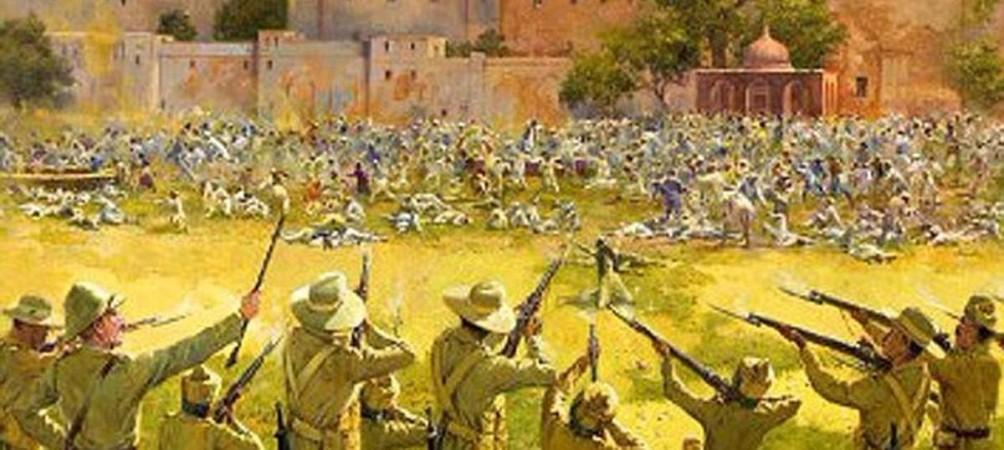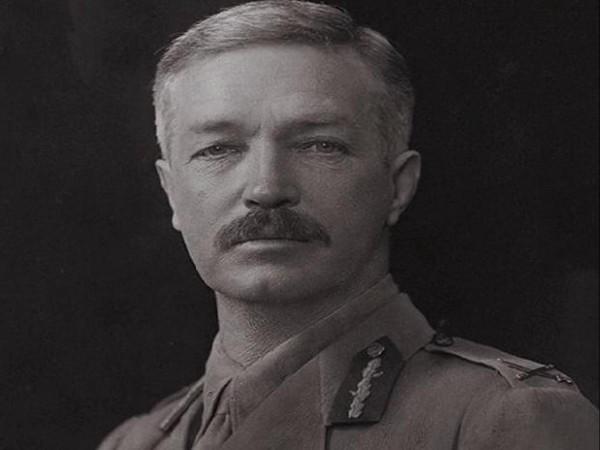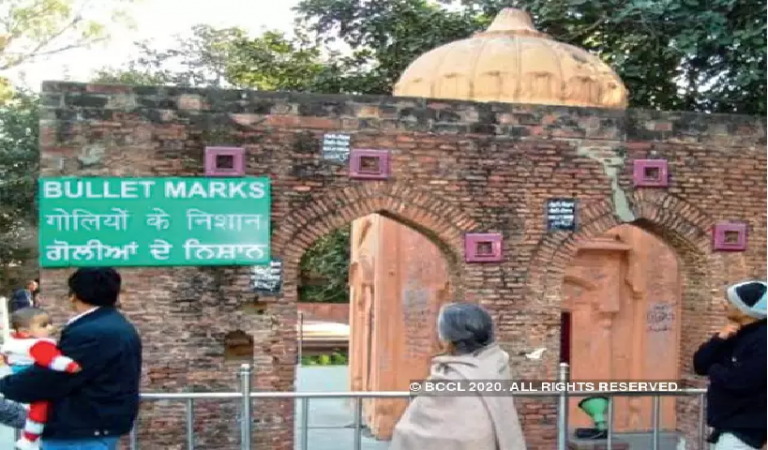Jallianwala Bagh Massacre also called the Massacre of Amritsar marks its 101st anniversary today, 13 April. On this day in 1919, India witnessed the most gruesome and brutal attack in the history of the nation's struggle for independence.
The 'shameful scar' in British Indian history
On April 13, 1919, a Baisakhi day, the British troops, under General Dyer, fired on a large crowd of unarmed Indians in an open space - Jallianwala Bagh in Amristar in the Punjab region, killing most of the people gathered there.

Regarded as the 'shameful scar' on British Indian history, the massacre is the most tragic yet landmark events in the history of India.
History of the event
By the end of World War I came to the Montagu-Chelmsford Report, following it, the Rowlatt Act in 1919.
Against the implementation of this Act and the associated arrest of the two nationalist leaders, Satya Pal and Dr Saifuddin Kitchlew; a large crowd of at least 10,000 men, women, and children gathered in the Jallianwala Bagh, a closed garden with only one way for entrance and exit.
Sans any warning, Gen.Dyer with his soldiers arrived in the Bagh and sealed off the exit. The troop, without any provocation from the public, nor any warning, opened fire on the crowd, reportedly shooting hundreds of rounds until they ran out of ammunition.

The official figures estimated on the death toll was 379 and about 1,200 more reportedly wounded. After the troop finished their rounds of firing, they withdrew from the place immediately, leaving behind the dead and wounded. The bullet marks fired within those 10 minutes can be still seen on the walls of Jallianwala Bagh which is now a national memorial.
Remembering the day
"The time has come when the badges of honour make our shame glaring in their incongruous context of humiliation and I for my part wish to stand shorn of all special distinctions, by the side of those of my countrymen, who for their so-called insignificance, are liable to suffer a degradation not fit for human beings," wrote Rabindranath Tagore in his letter to the viceroy, after renouncing the knighthood offered by the British.

The massacre is considered a symbol of colonial cruelty and the Indian public and governments have been demanding an apology for it from the UK for decades, including on the occasion of the visit of Queen Elizabeth to Amritsar in 1997.
The previous year, the then British Prime Minister Theresa May told her country's Parliament, "the tragedy of Jallianwala Bagh in 1919 is a shameful scar on British Indian history", but stopped short of issuing a formal apology. In 2013, then British Prime Minister David Cameron had described the killings as a "deeply shameful event" on his visit to the Jallianwala Bagh.
To built a memorial at the site, a trust was formed in 1920 after the resolution was passed by the Indian National Congress. A memorial was then designed and built by the American architect Benjamin Polk which was inaugurated by Rajendra Prasad on 13 April 1961.









!['Had denied Housefull franchise as they wanted me to wear a bikini': Tia Bajpai on turning down bold scripts [Exclusive]](https://data1.ibtimes.co.in/en/full/806605/had-denied-housefull-franchise-they-wanted-me-wear-bikini-tia-bajpai-turning-down-bold.png?w=220&h=138)



